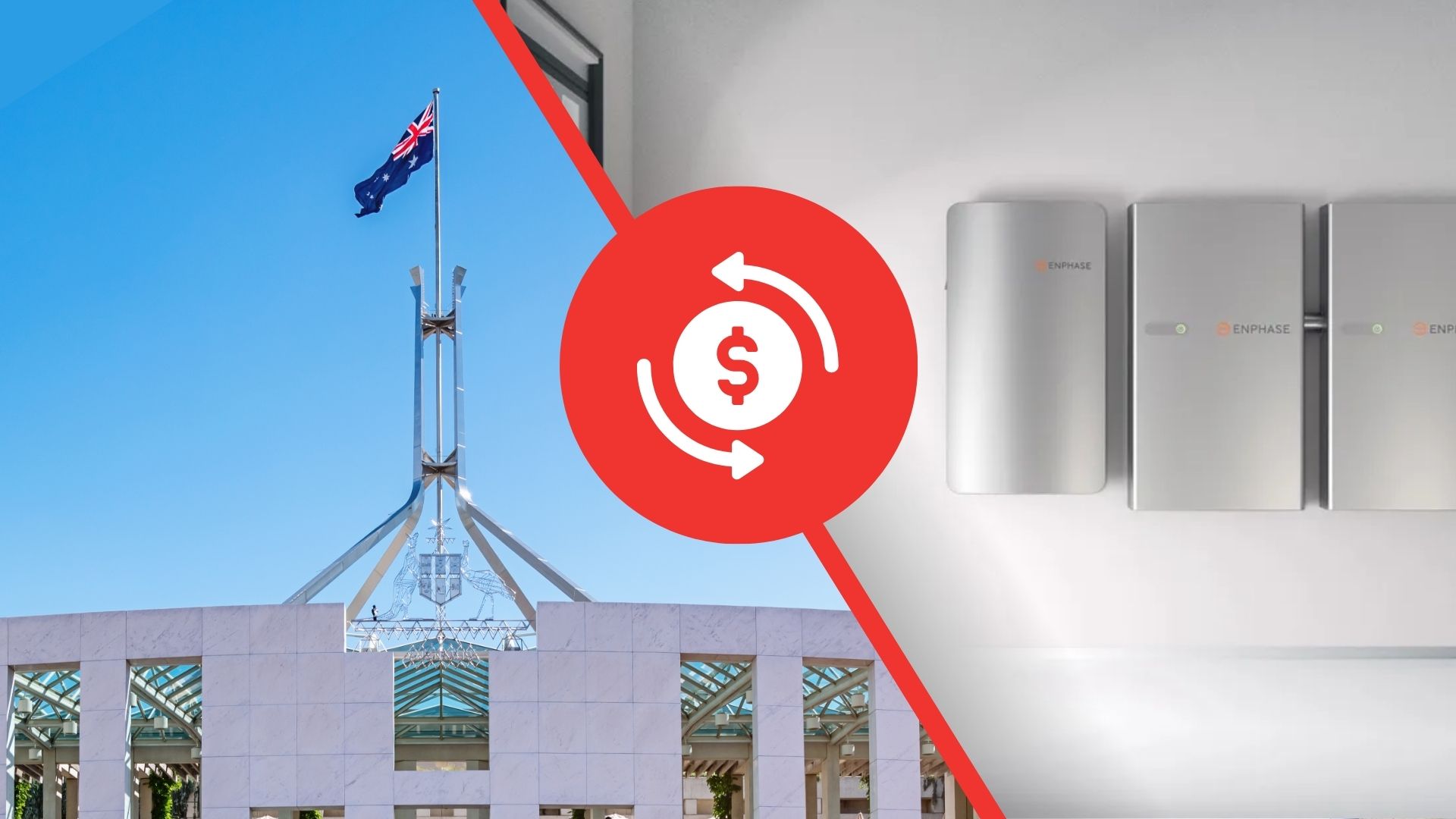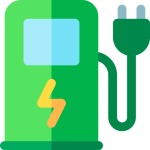
Introduction
Australia’s electric vehicle market is gathering pace. For many motorists, lower running costs and fewer moving parts make EVs attractive – but upfront expenses can still deter buyers. Government incentives help bridge that gap, and while there is no single national cash rebate for home chargers, federal and state programs offer a mix of tax concessions, loans and targeted grants that can materially reduce the cost of going electric.
This guide summarises the current landscape of charger and EV incentives across Australia. Programs change frequently, so use this as a practical starting point and confirm details on official government sites before applying.
The Federal Picture: Australia-wide Incentives
Fringe Benefits Tax (FBT) Exemption via Novated Leases
- What it is: The Federal Government’s electric car measures include an FBT exemption for eligible low- and zero-emission vehicles supplied under novated leases.
- Who benefits: Employees using novated leases can pay for an EV and related running costs (electricity, registration, insurance) from pre-tax salary, potentially saving thousands each year.
- Eligible vehicles: Full battery electric vehicles (BEVs) and hydrogen fuel cell electric vehicles (FCEVs). The FBT exemption for new plug-in hybrid electric vehicles (PHEVs) ended on 31 March 2025; existing novated leases for PHEVs entered before that date retain their exemption until the lease ends.
- Value threshold: The vehicle must fall below the luxury car tax threshold for fuel-efficient vehicles – $91,387 for the 2025-26 financial year.
Federal Grants for Public and Commercial Charging
The Commonwealth is directing substantial funding into public and commercial charging infrastructure via programs such as the Driving the Nation Fund and the DRIVEN Program. These are aimed at businesses, local councils and service providers to expand the fast-charger network that supports longer trips and public access.
State and Territory Breakdown
New South Wales
- Residential: As of mid‑2025 there are no state-funded rebates or loans for home EV chargers. Stamp duty concessions and earlier consumer rebates concluded on 1 January 2024.
- Business & fleets: NSW now directs support toward fleet electrification and commercial charging infrastructure, including funding for smart chargers and fleet conversions.
Victoria
- Residential: State EV subsidies and stamp duty exemptions have ended; there are no current residential charger rebates or loans.
- Focus: Victoria is prioritising expansion of the public fast‑charging network, investing in corridors to improve intercity and regional EV travel.
Queensland
- Residential: The Zero Emission Vehicle Rebate Scheme concluded late in 2024 after funds were exhausted. There are currently no home charger rebates.
- Focus: Investment continues in the Queensland Electric Super Highway, with co-funding planned for additional public fast chargers through to the end of 2025.
Australian Capital Territory
- Residential: The Sustainable Household Scheme offers eligible ACT residents zero‑interest loans up to $15,000 for sustainable home upgrades, including EV charger purchase and installation.
- Vehicle incentives: The ACT retains generous concessions – stamp duty exemptions on new and used EVs and an emissions-based registration system that favours zero-emission vehicles.
Tasmania
- Residential: The Energy Saver Loan Scheme provides eligible households with zero‑interest loans up to $10,000 for energy-efficient home improvements, including EV charger purchase and installation.
- Approach: Tasmania’s loan-based model makes charger installation accessible without incurring interest.
South Australia
- Residential: There are currently no direct state grants, rebates or loans for home EV chargers.
- Past incentives: A temporary registration fee concession for new BEVs concluded on 30 June 2025.
Western Australia
- Residential: No active rebate or loan programs exist for residential EV charger installations.
- Vehicle incentives: A $3,500 rebate for new EV purchases concluded in May 2025.
Northern Territory
- Residential & business: The Electric Vehicle Charger Scheme provides grants to assist with purchase and installation of EV chargers.
- Vehicle incentives: The NT offers stamp duty waivers on eligible EVs (up to $50,000) and a five‑year registration waiver for qualifying vehicles.
The Evolving Incentive Environment
EV incentives are inherently time‑limited and budgeted. Programs will start, pause and conclude as funds are allocated or policy priorities shift. Many jurisdictions are transitioning from consumer purchase rebates to investments in public infrastructure and commercial/fleet support. That makes the FBT novated lease concession especially important for individuals considering an EV through salary packaging.
Quick summary (current as at mid‑2025)
- Federal: FBT exemption for BEVs and FCEVs via novated lease; significant federal funding for public charging projects.
- ACT and Tasmania: Zero‑interest loan schemes covering home charger purchase/installation.
- Northern Territory: Charger grants and substantial vehicle registration/stamp duty concessions.
- NSW, Victoria, Queensland, South Australia, Western Australia: Former consumer rebates largely wound down; focus shifted to public charging and commercial/fleet support.
Conclusion
Australia’s EV support landscape has matured from direct consumer rebates toward targeted investments in public infrastructure and business-facing programs. For individual homeowners, interest-free loans in jurisdictions such as the ACT and Tasmania, plus the federal FBT novated lease concession for eligible vehicles, are the most tangible financial supports currently available. Home charging remains critical – with more than 80% of charging taking place at home – so weigh financing options, gauge your typical driving patterns and keep an eye on state and federal announcements that may reopen or introduce new schemes.
FAQs
Q: Are there national rebates for home EV chargers?
A: No single national cash rebate exists for residential charger installations. Incentives are provided by a mix of federal concessions (notably FBT exemptions for novated leases) and state/territory loans or grants in certain jurisdictions.
Q: Which states currently offer residential support for charger purchase/installation?
A: The ACT and Tasmania offer zero‑interest loan schemes that can cover chargers and installation. The Northern Territory offers charger grants. Other states currently do not have active residential charger rebates as of mid‑2025.
Q: How does the FBT exemption work and who benefits?
A: The FBT exemption applies to eligible BEVs and FCEVs offered under novated leases. It allows employees to use pre‑tax income to cover vehicle costs, lowering taxable income and potentially delivering substantial savings. PHEV exemptions ended on 31 March 2025 for new leases.
Q: I run a business – are there incentives for installing chargers?
A: Yes. Many state programs and federal grants focus on businesses and fleets, providing funding for smart chargers, depot electrification and public charger rollout. Look for state business grants and federal programs like Driving the Nation Fund and DRIVEN.
Q: Where can I get the most up-to-date information?
A: Government websites are the authoritative source. Check federal and your state/territory energy or transport department pages frequently, as programs and eligibility criteria can change.
About EV Evolution
EV Evolution is the leading online platform dedicated to Australian electric vehicle owners and enthusiasts. We foster a vibrant community, delivering essential EV news and insights, and enhancing user engagement through our innovative, AI-powered chatbot for dynamic discussions. Our mission is to empower Australian electric vehicle owners and enthusiasts by fostering a vibrant, AI-driven online community that connects, informs, and advances the nation’s electric vehicle landscape.




 and then
and then 